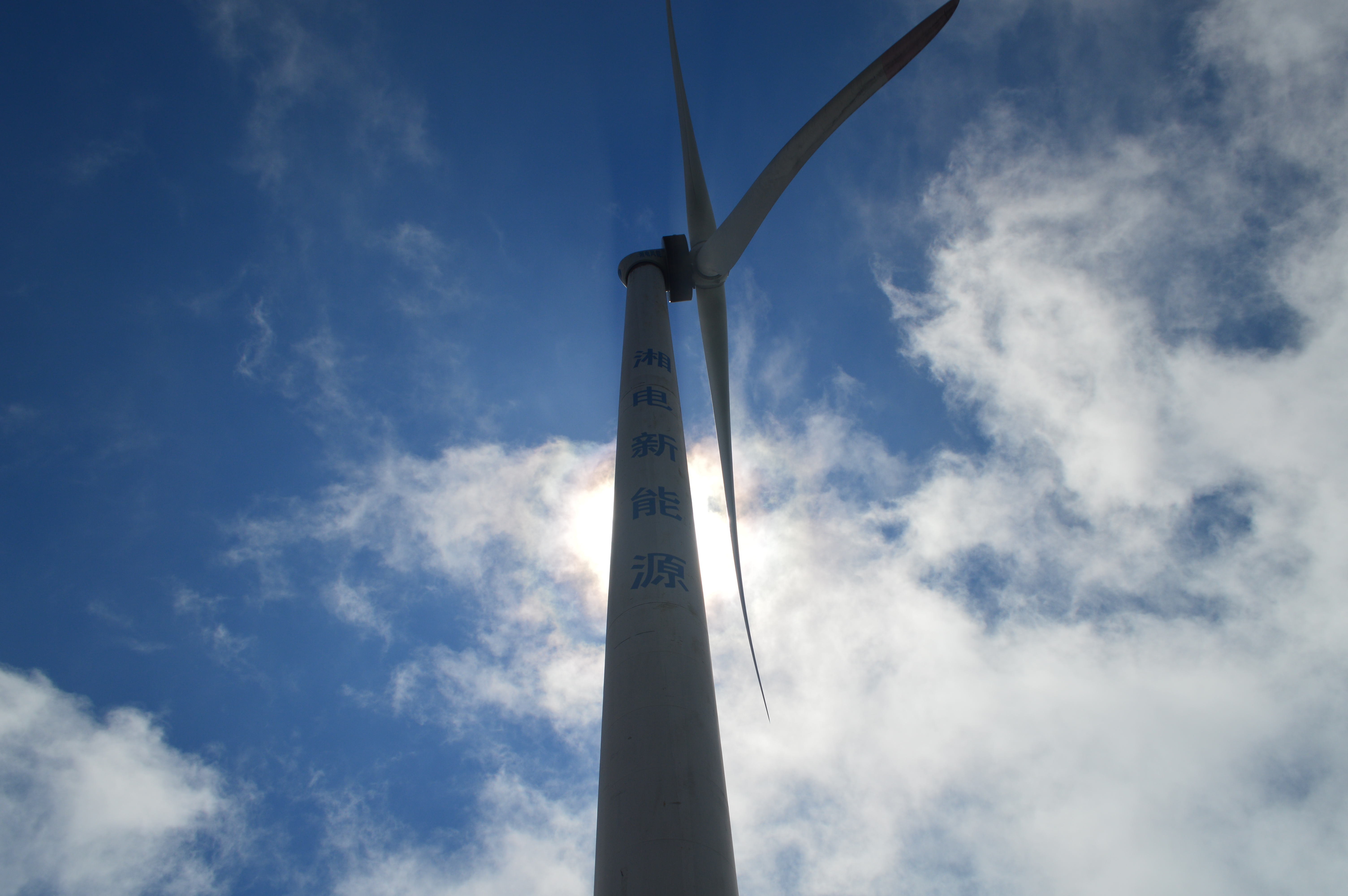They say it will trickle down.
While globalization is an undeniable reality today, it is hard to pinpoint when it began. History is replete with global conquests and international cooperation; however, the foundations of economic globalization seen today, which affects even the lowest rungs of economies, can be traced down to the core economic principles of Adam Smith, the philosophies based on it, and the advocation of the three for-trade organizations: International Monetary Fund, World Bank and World Trade Organization.
Known by all, Smith’s 1776-piece Wealth of Nations is a key to today’s economic thinking, defining how rational self-interest and competition can lead to economic prosperity, while calling for unregulated free markets. Other theories, such as the trickle-down economics, are built on his thoughts. The theory of trickle-down economics, where wealth created by the top of the society will trickle down to the less wealthy, began as a joke by Will Rogers during the Great Depression in the 1930s, and was later on used Ronald Reagan in what became known as Reaganomics. It, alongside with the philosophy of profit being the social responsibility of business by Milton Friedman – economic advisor of President Reagan and Prime Minister Thatcher – has been used to argue in favor for unregulated business in times of criticism.
Due to this lobbying, globalization has developed by the rules of capitalism as much as by the states’ interactions, so much in fact that Karl Marx argued the capitalist imperialism to be the driving force of globalization. These theories and globalization have served businesses well, though not all equally. Trade liberalization has enabled powerful companies with capabilities and equity to enter domestic markets on different continents, challenging local competitors and resulting in fewer but stronger companies. This has happened simultaneously with businesses enjoying a more specialized, localized and cheaper labor force, allowing them to grow and accumulate wealth to the point of having larger yearly turnouts than some countries. This reason alone, not to mention the other issues of transnational corporations – unethical labour practices, subsistence pricing and environmental deprivation to name few -is enough to make the players of global economics important to our everyday lives.
Fortunately, according to the economic theories, wealth created at the top by these global companies will trickle down to individuals, creating economic prosperity for all.
But does it though? It seems that the wealthiest 1% of global population has gained the most from globalization, while by 2040 nearly 48 percent of the US population works with minimum wage. The discoveries of the past few years – the Panama Papers and Tax shaming to mention a few – show that while gaining extensive wealth and benefits in forms of tax relief or subsidies, companies have also found means to minimize their social responsibility. While the usage of these means, such as off-shore companies, are strictly speaking not illegal, it does affect the reliability of the founding theories. There have been cases, such as the United Fruit in Latin America and Royal Dutch Shell in Nigeria, which show just how deceitful and downright inhumane practices powerful companies may adopt for profit. On the other hand, after enacting the 1977 anti-corruption law, the US noticed that the extraterritorial nature of the law put the US companies at a competitive disadvantage abroad, until a multilateral treaty was created in 1998. So, it seems that Adam Smith’s thoughts as well as the trickle-down economics may not transfer so simply to our daily lives.
Adam Smith’s foundations have already been largely discussed for not being as monochromic as the pro-business people make them seem. In fact, Smith was a more humane thinker and a philosopher, whose vague statements have given a justification for selfish profit seeking that he was actually strongly against. Even the famous ‘Invisible hand’ is mentioned just three times (here, here and here) in his work.
The trickle-down economics is not left unscathed either. A couple of years ago the avid promoter of free trade, IMF, had to basically concede that the theory is not much more than a joke, as its report shows. Instead of wealth and benefits for all, the theory has been used to justify aggressive business practices and lax taxation. There are many who argue that in reality the theory works the other way around; the growth in wealth we have seen over the last few decades of globalization was largely created by the efforts of normal citizens, but that the top 1% are the ones gobbling it up.
This inversion of work and profit can be better understood by grasping the three different ways money can be gained: through inheritance, labor, and ‘renting’. Working, being the most common practice, means tapping into our knowledge to create something new – be it software, a fashion item or a wedding cake. Renting, on the other hand, means controlling something that already exists and using that capital to create wealth.
Banks, for example, serve as a prime example of renters – they do not create anything new, yet by using others assets, they are able to gain wealth. According to IMF and International Bank for International Settlements reports, powerful banks have become downright parasitic, gathering and amassing great sums of capital instead of creating it. There are other powerful renters as well who are almost paradoxical: Facebook, the world’s largest media owner, does not create any original content; Airbnb, the world’s largest accommodation provider, owns no real estate; Uber, a global taxi company does not own cars. Such renters have become problematic from the trickle-down perspective as they hire less, invest less and own less than conventional forms of business.
So, it seems that there is an acute need for a recheck of our economic theories as the misleading justification of the global exploit is deeply rooted in our societies. Rather than the wealth being created at the top by strong companies and then this prosperity trickling down to our homes, the wealth is rather created by the efforts of typical workers in the middle, but ends up largely being hoarded by big companies and banks globally. As globalization has only made these companies stronger, and the wealth has centralized, it is imperative that we face this ugly reality and tackle it before our prosperity has long trickled up.
- Good Leader, Bad Leader: What Should We Learn From Today’s Monarchies? - June 4, 2017
- Trickling Down? Reassessing Today’s Global Economy - June 4, 2017
- The Echo Chambers of the Internet - April 17, 2017






